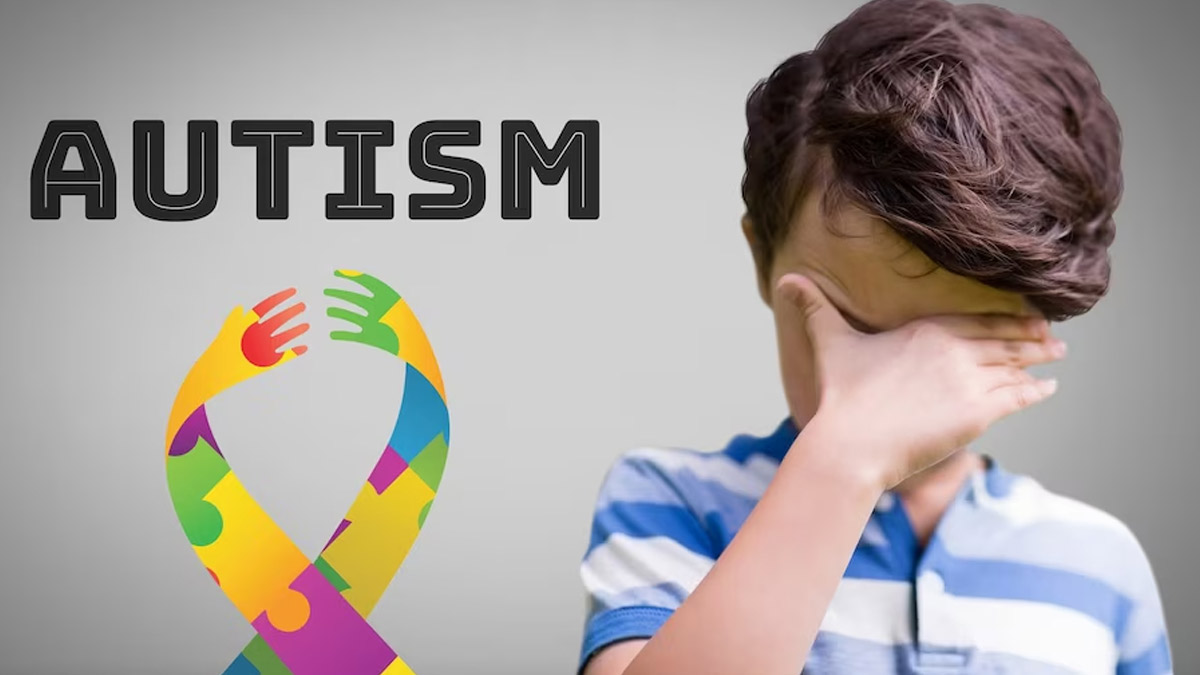
Autism, often known as an Autism Spectrum Disorder (ASD), refers to a wide range of conditions that affect how the brain develops. Autism affects about 1 in 100 children who show difficulties communicating and interacting with others on a social level. Autism may show early signs of development, but the disorder is frequently not recognised until much later. People with autism often have associated conditions, including anxiety and Attention Deficit Hyperactivity Disorder (ADHD), epilepsy and depression as well as challenging behaviours such as difficulty in sleeping and self-injury.
Table of Content:-
Autism is a spectrum, implying that everybody with the condition is different. Some autistic persons require little or no assistance, while others may need daily support from a parent or caretaker. Considering the complexity, this condition has been the subject of many misconceptions and myths over the years. Dr Srinivas M, Consultant Paediatrician, Yashoda Hospitals, Hyderabad debunks these myths and separates facts from fiction.
Also Read: World Health Day 2023: A Guide For Parents In Understanding The Early Signs of Autism
Myth: Autism is Caused by Bad Parenting

One of the most common misconceptions regarding autism is that it is caused by poor parenting. This myth has persisted for decades, and it is frequently propagated by misinformed individuals or outdated beliefs. Autism is a complex disorder that is believed to be caused by a combination of genetic and environmental factors, and parents are not to blame.
Myth: Autism is Caused by Vaccines
Another common myth about autism is that it is caused by vaccines, such as the Measles, Mumps, and Rubella (MMR) vaccines. This myth has been thoroughly debunked by multiple studies, and the overwhelming consensus among medical professionals is that there is no link between vaccines and autism. The original study that sparked this myth has been retracted by the medical journal that published it due to serious flaws in its methodology.
Myth: Autism is Caused by Diet or Infection
Some people also believe that autism is caused by diet or infection. While it is true that certain environmental factors may play a role in the development of autism, there is no evidence to suggest that specific diets or infections are a direct cause.
Also Read: A Special Needs Mom Shares How Quality Of Life In Children With Autism Can Be Improved
Important Facts About Autism
It is important to understand that autism is a spectrum disorder, which means that there is a wide range of abilities and characteristics among people with autism. Some individuals with autism may have an average or above-average intelligence, while others may have a learning disability. Additionally, autistic individuals may have varying levels of communication and social skills and may require different levels of support and assistance.

Despite these differences, autistic individuals can live fulfilling lives, just like anyone else. They can make friends, have relationships, pursue careers, and engage in a wide range of hobbies and interests. However, they may need additional support and accommodations to help them navigate certain situations or tasks.
Conclusion
When it comes to understanding autism, it is essential to distinguish between fact and fiction. By educating yourself about autism and seeking support and professional help when necessary, you can help your child lead a happy life.
Image Credits: freepik
Also watch this video
How we keep this article up to date:
We work with experts and keep a close eye on the latest in health and wellness. Whenever there is a new research or helpful information, we update our articles with accurate and useful advice.
Current Version
